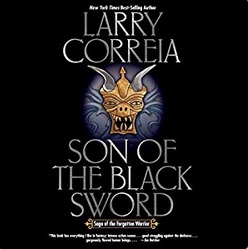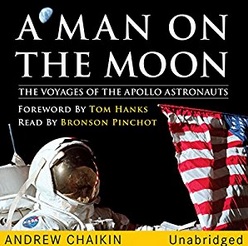A tale of intrigue and murder from the perspective of an 8-year old hostage. 4.75/5.0
(Tiny disclaimer: any Amazon links on this site go through my affiliate account, to pay for the maintenance of this site and to help me read and review more books.)
A word of warning, fair traveler: by reading Jeff Wheeler’s “The Queen’s Poisoner,” you are embarking on an adventure spanning six main novels and even a tie-in or two. That said, they’re totally worth it. Over the next several weeks I’ll review all of them, but it makes sense to start with the first.
Set in a world where the source of magical and divine power – the Fountain – resides among and amidst its many peoples, young Owen Kiskaddon finds himself at the center of a power struggle in the kingdom. During a battle in the opening chapter, Owen’s father, Duke Kiskaddon, fails to protect his liege, King Severn, at a critical moment. The Duke thought the King would fall, but the King did not. As a result, Owen’s oldest brother was killed and he was taken as a hostage back to the court at Kingfountain, to insure Duke Kiskaddon’s continued loyalty. The story follows Owen’s adventures and misadventures while at the King’s court, and of attempts to pull him deeper into a conspiracy involving many influential members of the land.
The story flows very well, and we’re introduced to many different characters in the process. There was a time in the very beginning that I was worried Owen was going to be some sort of a Mary Sue, with the way everyone but the King and one of his attendants seemed to be glomming on to him, but looking back it made a sort of sense why certain characters fell for him the way they did. A young, scared boy all alone, and the characters who attached themselves to him were all parents. And Owen definitely has his faults that land him in a lot of trouble. His arc is well developed throughout, and the pacing is such that I had a hard time turning it off.
If you enjoy exploring fantasy universes and don’t mind a younger protagonist, you can’t go wrong with “The Queen’s Poisoner.” Oh, and spoiler alert: Owen does get older as the books progress. He’s only eight in the first one. The second one is more coming-of-age, and the third… Well, I’ll leave that for future reviews. Or you could pick it up and find out!
I realize with my last review I forgot to mention anything about the narrator, so I’m making doubly sure to do that here.
Kate Rudd narrates all of the Kingfountain books, and her performance is exceptional. I don’t know how she manages a different voice for every character the way she does, but I never had a problem telling who was who, either because she spoke with a different accent or pitch to her voice, or because she changed up the cadence in such a way that it brought the character to life. I was first introduced to her in Melissa F. Olson’s “Boundary Crossed,” and I’ve got a bunch of Kate’s narrations singled out for future listens. If I indie-publish anything and there’s demand for an audio version, she’s one of the ones I want to call.
All in all, loved it! I plan to listen to it again, maybe with my wife. I think she’d enjoy the series, especially a couple of the characters who get added a bit later.



